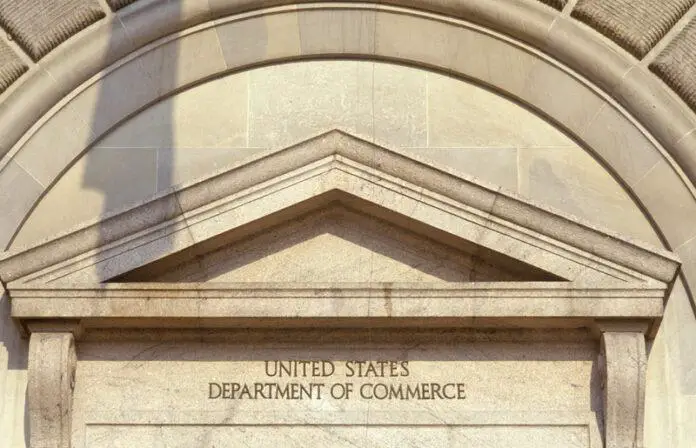On October 17, the Commerce Department made changes to its export rules to prevent China from obtaining advanced computer chips and the machinery needed to produce them. This decision came a year after initial controls were set up to prevent the chips from being used in military projects, such as developing hypersonic missiles and advanced artificial intelligence.
Commerce Secretary Gina Raimondo explained that the purpose of these export controls is to secure technologies that could affect national security or human rights. She clarified that most semiconductors would still be available for export, but there would be stricter regulations when potential national security or human rights concerns are identified.
The new measures were developed after consultation with the tech industry and in-depth technological analysis. The updated controls now include monitoring of a “gray zone” of chips that could potentially be used for military purposes but don’t currently meet the criteria for trade restrictions.
Another change is that chip exports can now be restricted to firms based in Macao or in regions under a U.S. arms embargo. This step is taken to ensure that other countries don’t bypass these controls and supply chips to China.
Additionally, the rules now impose stricter conditions on China’s ability to produce these advanced chips outside its borders. The list of manufacturing tools subject to these controls has also been extended.
The initial export rules from the previous year were not well-received by the Chinese government, who consider advanced semiconductor design and production crucial for their broader goals. However, Raimondo emphasized that these controls aren’t meant to hinder China’s economic progress.
In a recent meeting, Raimondo and Chinese officials agreed to share details about these controls. Yet, a senior U.S. official, who wished to remain unnamed, stated that the specifics of the new controls weren’t discussed with China.
Upcoming events include the Asia-Pacific Economic Cooperation summit in San Francisco in November, where Chinese officials will attend. There’s potential for a meeting between President Joe Biden and Chinese President Xi Jinping during this summit, but no confirmation yet. The two leaders previously met last year after the announcement of the original export controls.

